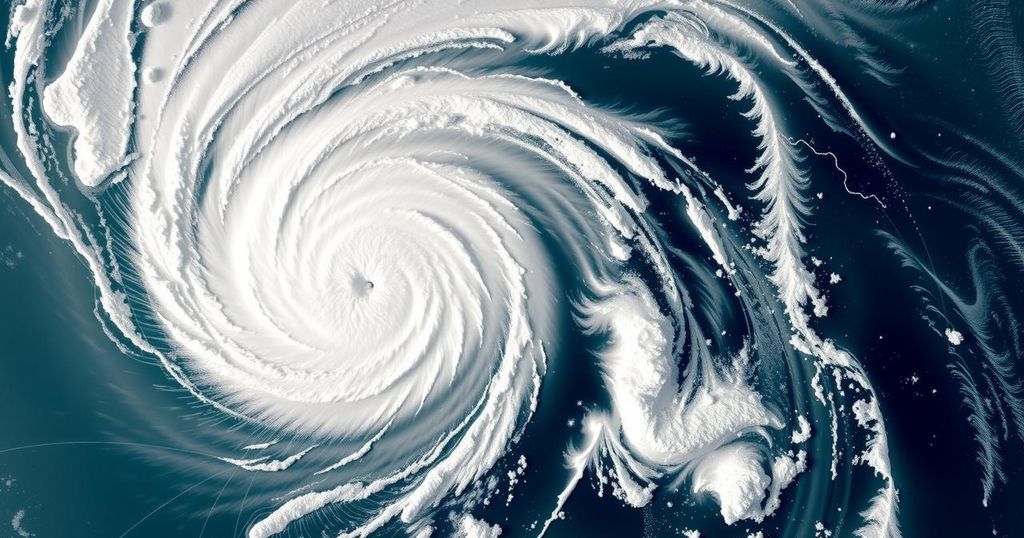Weather
World news
ADRIATIC SEA, AFRICA, ANTSIRANANA, ASIA, ATLANTIC OCEAN, AUSTRALIA, BORA, CHIDO, CROATIA, CUBA, DIKELEDI, EUROPE, INDIA, INDIAN OCEAN, INDONESIA, MADAGASCAR, MAYOTTE, MOZAMBIQUE, MOZAMBIQUE CHANNEL, NATURAL DISASTER, NATURAL DISASTERS, NORTH AMERICA, OCEANIA, POWER OUTAGES, RAIN, VO, VOHEMAR, WEATHER
Daniel O'Connor
0 Comments
Tropical Cyclone Dikeledi Devastates Madagascar and Mayotte
Tropical Cyclone Dikeledi made landfall in Madagascar, leading to three fatalities and substantial damage due to heavy rains and winds. The cyclone moved towards Mayotte, causing further flooding and evacuations. Dikeledi is expected to reintensify as it travels southwards into the Mozambique Channel.
Recently, Tropical Cyclone Dikeledi has wreaked havoc in Madagascar and affected the French territory of Mayotte. The storm originated from a minor tropical disturbance that developed over a week, transforming into a tropical cyclone on January 10 when it achieved maximum wind speeds of 74 mph. Dikeledi made landfall on Madagascar, resulting in heavy rainfall and winds in the northern regions, causing fatalities and prompting evacuations as it continued to the Mozambique Channel.
Tropical cyclones are significant weather events that form over warm ocean waters, posing severe threats to coastal and island communities. Cyclone Dikeledi is the latest in a series of such storms impacting eastern Africa. The phenomenon originates from disturbances that generate low-pressure systems, leading to intense winds and precipitation. Understanding the dynamics and prediction of tropical cyclones is crucial for disaster preparedness and response for affected regions.
In summary, Cyclone Dikeledi has caused significant damage in Madagascar and continues to pose a threat as it progresses towards Mozambique. The cyclone emphasizes the need for robust emergency management systems in the face of increasingly frequent tropical storms. Continuous monitoring and preparation are essential to mitigate the impact of such natural disasters on vulnerable populations.
Original Source: www.theguardian.com




Post Comment